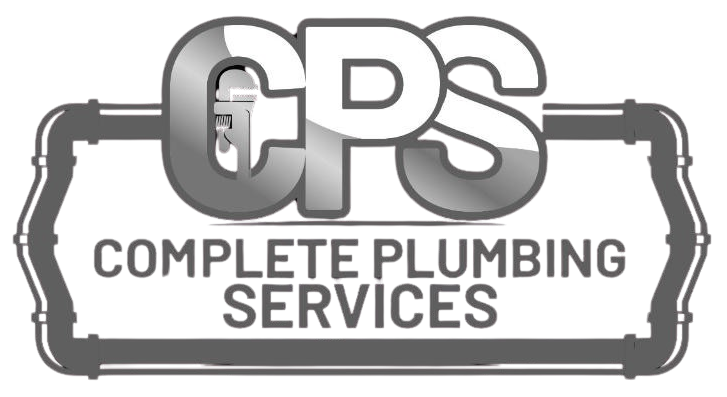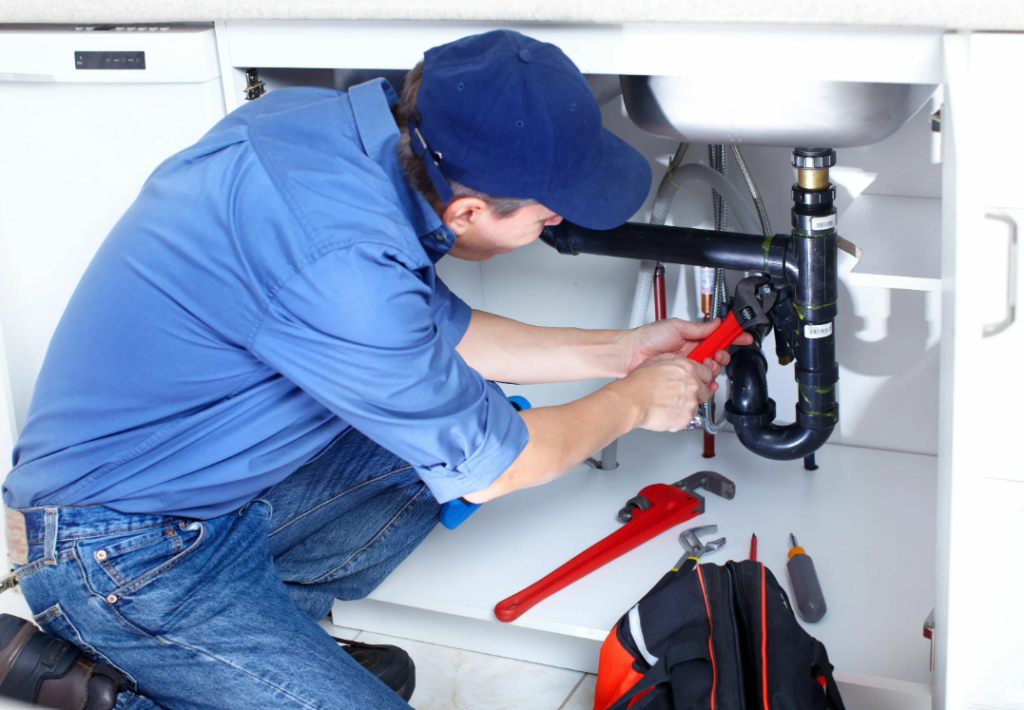Your home’s plumbing system works quietly behind the walls, but it plays one of the most important roles in your daily comfort. From supplying clean water to removing waste efficiently, your pipes are constantly under pressure. Without proper plumbing maintenance, hidden issues like small leaks, clogs, or corrosion can quickly turn into costly problems.
The good news is that with a little care and regular attention, you can extend the life of your pipes and avoid unnecessary stress. In this guide, we’ll explore five essential tips that will help you maintain your plumbing system and keep your home safe and functional for years to come.
1. Inspect Your Pipes Regularly
Routine inspection is the first step in keeping your plumbing in good shape. Look for signs of leaks, water stains, or corrosion around exposed pipes under sinks, in basements, or near water heaters. Even a small drip can waste gallons of water and damage your walls, floors, or foundation if ignored.
Professional inspections are also valuable because plumbers use advanced tools to detect hidden leaks and potential blockages. By scheduling regular check-ups, you’ll catch minor issues before they escalate into major damage. Early detection saves you both money and headaches.
2. Prevent Clogs Before They Start
Clogs are one of the most common plumbing problems homeowners face. While they may seem minor, repeated blockages can put stress on your pipes and shorten their lifespan. Avoid pouring grease, oils, or food scraps down the kitchen sink. In bathrooms, hair catchers and drain screens can stop soap buildup and hair from clogging pipes.
For slow drains, try using hot water or natural cleaners like vinegar and baking soda before resorting to harsh chemical solutions. Chemicals can erode pipes over time, making the problem worse. Preventative habits go a long way in protecting your system.
3. Regulate Your Water Pressure
While strong water pressure feels great in the shower, excessive pressure is hard on your plumbing system. High water pressure can strain joints, loosen connections, and increase the risk of leaks or pipe bursts. Most homes should maintain water pressure between 40–60 psi.
You can use an inexpensive pressure gauge to monitor your water pressure at home. If it’s too high, consider installing a pressure regulator. Proper water pressure not only protects your pipes but also extends the life of appliances like dishwashers and washing machines that rely on steady water flow.
4. Flush Your Water Heater Annually
Sediment buildup inside your water heater can reduce efficiency and damage your pipes over time. When minerals and debris collect at the bottom of the tank, they create hot spots that weaken the heater and send mineral-filled water through your pipes. This buildup can lead to scaling, corrosion, and reduced water quality.
Flushing your water heater once a year helps remove sediment and keeps the system running smoothly. This simple plumbing maintenance step improves efficiency, extends the life of your heater, and prevents mineral buildup from damaging your plumbing system.
5. Schedule Professional Plumbing Maintenance
While DIY steps are helpful, nothing replaces the expertise of a professional plumber. Annual plumbing maintenance ensures that every part of your system, from hidden pipes to sewer lines, is inspected for issues. Plumbers can spot warning signs like corrosion, leaks, or improper water pressure that homeowners often overlook.
Investing in professional care may feel like an added expense, but it can save you thousands in the long run by preventing major pipe failures. Think of it as insurance for your home’s most important systems. With professional support, you’ll have peace of mind knowing your plumbing is in top condition.
Conclusion
Maintaining your plumbing system doesn’t have to be overwhelming. By following these five simple tips inspecting pipes, preventing clogs, regulating water pressure, flushing your water heater, and scheduling professional care you can extend the life of your pipes and keep your home running smoothly.
A little effort in plumbing maintenance today can prevent major repairs tomorrow. Protect your investment, save money, and ensure that your home’s plumbing continues to serve you well for years to come.
FAQs
1. How often should I check my home’s plumbing system?
It’s a good idea to visually inspect exposed pipes every few months and schedule a professional inspection at least once a year.
2. Can I use chemical drain cleaners for clogs?
It’s better to avoid harsh chemicals as they can damage pipes. Natural solutions like hot water, vinegar, and baking soda are safer.
3. What water pressure level is safe for my pipes?
The recommended range is 40–60 psi. Higher pressure may damage pipes and appliances over time.
4. How do I know if my water heater needs flushing?
If you hear popping or rumbling sounds, or notice reduced hot water supply, sediment buildup is likely the cause and flushing is needed.
5. Is professional plumbing maintenance really necessary?
Yes. Professionals use specialized tools to detect hidden leaks, corrosion, and other issues homeowners often miss, helping prevent costly damage.

